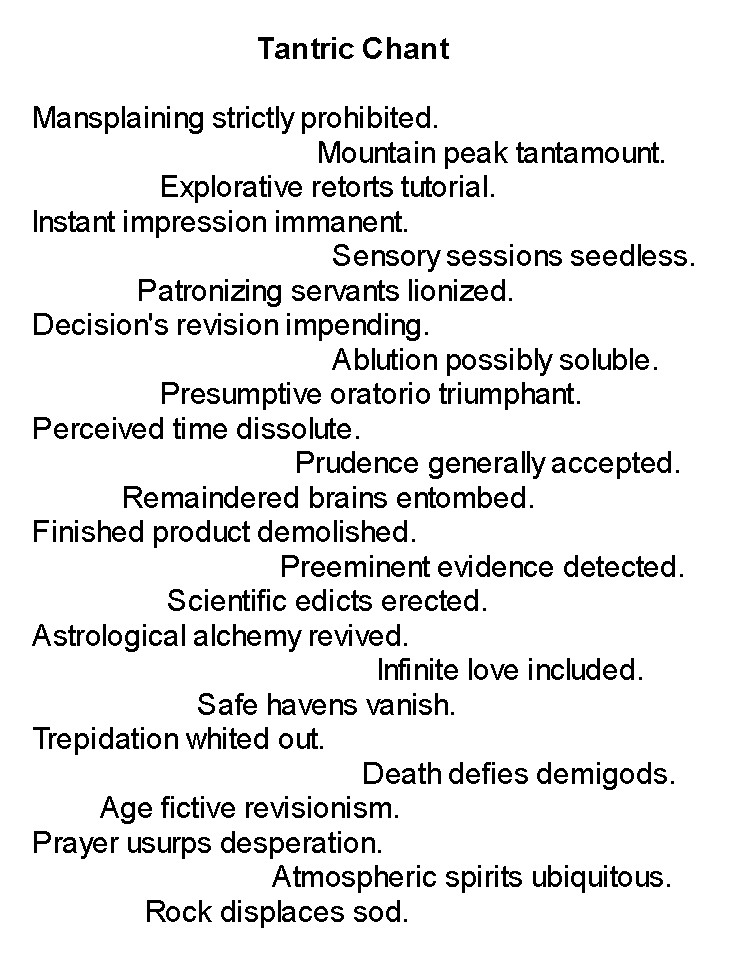Memory, and All the Ways We Torture Ourselves
I remember my mother’s soft hands and the way I wrote about them once, unkindly, because I was angry and afraid and the English teacher told me, this seems rather harsh, and I pricked behind my eyes because I knew she was right, and I remember the way those hands comforted me when I was six, and sick, and unable to keep warm in my shuddering fever chills; she piled blanket upon blanket on my small limp body but still I shivered for more, and when I was finally well I went to a friend’s house to attend a party and as a joke all the children hid from me and I could hear their giggles as I stumbled dimly in the dark, crying out in my shame, and when I grew older I saw those girls on social media with children of their own, and I accepted their friend requests wondering if their own little girls treat other little girls that way, wondering if they remember laughing and want to apologize, or likely have forgotten; I remember laughing at a little girl when I, too, was small, because she had said something silly but meant it in earnest, and the whole room laughed at her and I laughed along too, even though her red face was the least funny thing I could have imagined; I laughed the loudest—I still think about her, that little girl, what became of her, if she stalks me on social media and wonders if I remember humiliating her; I do, I’m so sorry; I wonder if she grew into a teenager who once drank in her parents’ basement when no one was home because she knew she could get away with it, oh wait, that was me, and I vomited the vodka and was still vomiting when my parents got home and I lied and told them I had the flu, and my mother’s soft hands, they held my hair back while I puked, and I never told her I was lying, never told her so many things, never told her about her soft hands and how my teacher said, think kindly of your mother because one day you’ll never get her back, and she was right, and now I hold my own infant daughter in my arms and her hands reach toward my eyes and I tell her, I hope you never remember; I hope you forget and forget and forget.
Ariel Berry has a Ph.D. in creative writing from Western Michigan University. Her work has appeared in filling Station, HOOT Review, Night Picnic, Flash Fiction Magazine, American Short Fiction, 100 Word Story, Gone Lawn, and Southword. She lives in Albion, Michigan, where she surrounds herself with books and animals.


